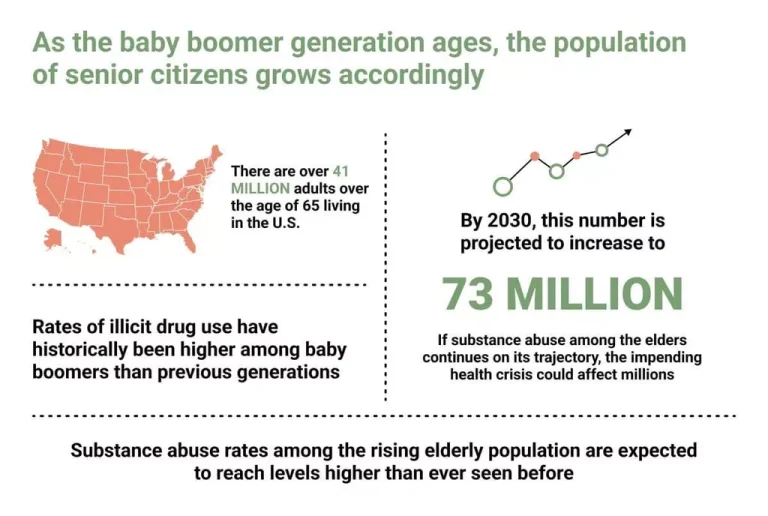
Three trials relating to clinical evidence met the eligibility criteria set by the GDG, providing data on 1,058 participants. All three studies were published in peer-reviewed journals between 1999 and 2007. The review team conducted a systematic review of RCTs that assessed the beneficial or detrimental effects of contingency management in the treatment of alcohol dependence or harmful alcohol use. One study assessing cognitive behavioural therapies versus control could not be added to the meta-analyses. Källmén and colleagues 2003 could not be included because the data was presented in an unusable format. The study reported that the control group (unstructured discussion) drank significantly less alcohol at 18-month follow-up than the group receiving coping skills.
Alcohol dependence
The GDG considered this to be a justified approach because there is an urgent need to provide recommendations for the treatment of the increasing problem of alcohol misuse in children and young people. In extrapolating from these datasets the GDG was cautious, recognising that as new evidence emerges the recommendations in this guideline will need revision. The duration of treatment and number of sessions across the treatment trials included in the review was also considered. Taking into consideration the intensity of the treatments in these trials, for those with a high-intensity intervention, the duration of treatment was on average 12 weeks. The clinical review revealed no significant beneficial effect of adding contingency management to standard care in maintaining abstinence when assessed post-treatment.
18.2. Clinical review protocol (psychoeducational interventions)
Just like any other illness, it is ultimately the responsibility of the individual to learn how to manage it. However, loved ones often want to help, such as by showing solidarity or hosting a gathering that feels safe for their loved one. Whenever possible, it’s best to have an open, respectful, and direct conversation with the individual in recovery, and ask how they feel about alcohol being present. Doing this in advance will allow time for both people to process the discussion and set clear expectations. In some cases, the first step in treating alcohol use disorder is detoxification—experiencing withdrawal in a safe setting with medical professionals.
- This study found no significant difference between groups in the number of participants who relapsed or needed further withdrawal management at 3-month follow-up.
- The risk of developing a range of health problems increases the more you drink on a regular basis.
- Full references, characteristics and results of all studies included in the economic review are presented in the form of evidence tables in Appendix 19.
- Addiction psychiatrists also have an important role in liaison with general psychiatrists in the optimal management of people with alcohol and mental health comorbidity (Boland et al., 2008).
How can I tell if I’m dependent on alcohol?
Despite the research on psychological treatments, current UK practice is not underpinned by a strong evidence base and there is wide variation in the uptake and implementation of psychological approaches to treatment across services (Drummond et al., 2005). Binge drinking is when you drink a lot of alcohol in one day — more than 8 units of alcohol per day for men and more than 6 units of alcohol per day for women, with 1 unit of alcohol being equal to half a pint. Psychoeducation programs can teach problem-solving skills and ways to cope with alcohol use disorder. They can also provide information on signs that a person is having trouble with recovery. The American Psychological Association (APA) recommends a combination of psychosocial treatments and medication for alcohol use disorder. A common option for addressing alcohol use disorder is a combination of psychosocial treatments.

3.2. Mental health

With alcoholic liver disease the risk is curvilinear, with harm increasing more steeply with increasing alcohol consumption. In the case of cardiovascular disease a modest beneficial effect has been reported with moderate amounts of alcohol, although recent research suggests this effect may have been overestimated (Ofori-Adjei et al., 2007). During pregnancy alcohol can cause harm to the foetus, which can cause prematurity, stillbirth and the developmental disorder fetal alcohol syndrome.

You Feel Guilty or Ashamed After Drinking
In the second analysis of interventions for mild to moderate alcohol dependence, a common baseline comparator was not used in the analyses of MOCE, MET and non-directive reflective listening, limiting their comparability in terms of cost effectiveness. Ideally, indirect comparisons of the three physiological dependence on alcohol interventions would have provided additional information about their relative effectiveness. Little explanation was given in the article as to how the clinical effectiveness data, which were taken from various sources, were used to inform the health states used in the economic models.
Alcohol-Use Disorders: Diagnosis, Assessment and Management of Harmful Drinking and Alcohol Dependence.
The clinical effective studies in the guideline systematic literature review described this intervention being delivered in a variety of ways. The single trial included in this analyses involved a comparison of guided self-help-based treatment versus non-guided self-help-based treatment. ANDREASSON2002 assessed guided self change versus self-help manual and advice only (non-guided). No difference in attrition rates was observed between groups post-treatment and at 3-month follow-up. Couples therapy had less attrition than other therapies at 6-month follow-up (large effect size), and other therapies had less attrition than couples therapy at 12-month follow-up (large effect size). This analysis involved a single study (LAM2009), which assessed BCT with and without the addition of parental skills training.

8. THE ROLE OF TREATMENT AND MANAGEMENT
- The NICE guidance on prevention of alcohol-related problems in adults and young people (NICE, 2010a) and on community interventions for vulnerable young adults (NICE, 2007b) both consider the evidence for brief motivational techniques (motivational interviewing and MET).
- Social norms, such as drinking during a happy hour or on a college campus, and positive experiences with alcohol in the past (as opposed to getting nauseous or flushed) play a role as well.
- Although the quality of these trials are acceptable in the most part, the number of studies are limited and there is not enough evidence to confirm the benefit of acupuncture in maintaining abstinence or reducing the amount of alcohol consumed.
- Working to stop alcohol use to improve quality of life is the main treatment goal.
Nevertheless, the proportion of older people drinking above the government’s recommended levels has recently been increasing in the UK. The proportion of men aged 65 to 74 years who drank more than four units per day in the past week increased from 18 to 30% between 1998 and 2008 (Fuller et al., 2009). In women of the same age, the increase in drinking more than three units per day was from 6 to 14%. Also, as noted earlier, alcohol-related admissions to hospital increase steeply with age although the prevalence of heavy drinking is lower in this group. This may partly reflect the cumulative effects of lifetime alcohol consumption as well as the general increasing risk of hospital admission with advancing age. In terms of services provided by community specialist agencies, the majority (63%) provide structured psychological interventions either on an individual basis or as part of a structured community programme (Drummond et al., 2005).

